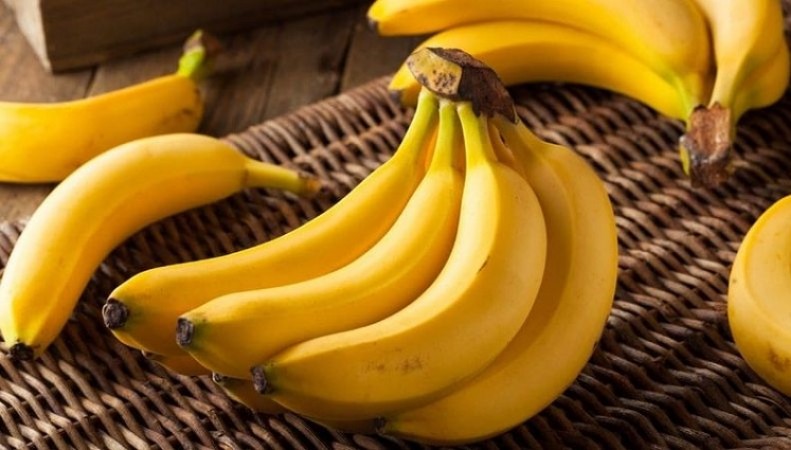
Dealing with the complexities of diabetes is no easy feat. Managing this condition requires a comprehensive understanding of its nuances, especially in relation to dietary choices. Among the numerous inquiries surrounding food and diabetes, one common question that often arises is whether bananas, with their natural sweetness and rich nutrient profile, can be considered a beneficial inclusion for individuals dealing with diabetes. In this article, we'll embark on a detailed exploration of this topic, providing evidence-based insights to assist in informed dietary decisions.
Understanding the Nutritional Composition of Bananas
Bananas are renowned for their nutritional richness, comprising a spectrum of essential components that contribute to overall health. Delving into their nutritional makeup can shed light on their potential implications for those with diabetes.
Carbohydrates: A medium-sized banana, weighing approximately 126 grams, contains around 29 grams of carbohydrates. Given that carbohydrates are a primary energy source, their presence in our diets is crucial for sustained bodily functions.
Sugar Content: With approximately 15 grams of sugar in a medium banana, it's evident why this fruit is naturally sweet. However, for individuals managing diabetes, monitoring sugar intake is vital. The sugar content in bananas can impact blood sugar levels, necessitating cautious consumption.
Fiber: Bananas offer approximately 3 grams of dietary fiber in a medium-sized serving. Fiber plays a pivotal role in slowing down the digestion and absorption of carbs, potentially reducing the likelihood of abrupt spikes in blood sugar levels. Despite this benefit, moderation remains key due to the simultaneous presence of sugar in bananas.
Vitamins and Minerals: Rich in vital nutrients like vitamin C, vitamin B6, potassium, and manganese, bananas contribute significantly to an individual's overall health and well-being.
Understanding Glycemic Index and Load
The Glycemic Index (GI) categorizes carbohydrate-containing foods based on their impact on blood sugar levels. Bananas typically fall within the moderate range on the GI scale, varying between 42 and 62. The degree of ripeness affects their GI, with riper bananas containing higher sugar and lower resistant starch content, consequently leading to a higher GI value.
Considering Caloric Content
A medium-sized banana carries an approximate calorie count of 112. For individuals managing diabetes, it's crucial to factor in the caloric content of bananas when planning their daily meals.
Navigating Bananas in a Diabetes-Friendly Diet
While bananas offer an array of nutrients, their carbohydrate and sugar content require careful consideration for individuals with diabetes. Incorporating them into a balanced meal plan in appropriate serving sizes can offer health benefits without adversely affecting blood sugar levels.
Obviously, bananas, with their nutritional bounty, can be a part of a diabetes-conscious diet when consumed mindfully and in moderation. Understanding their nutritional components and their potential impact on blood sugar levels empowers individuals to make informed dietary choices that support their health goals amidst managing diabetes.
By fostering awareness about the relationship between bananas and diabetes, this article aims to equip readers with knowledge to make well-informed decisions about their dietary preferences and health management strategies.